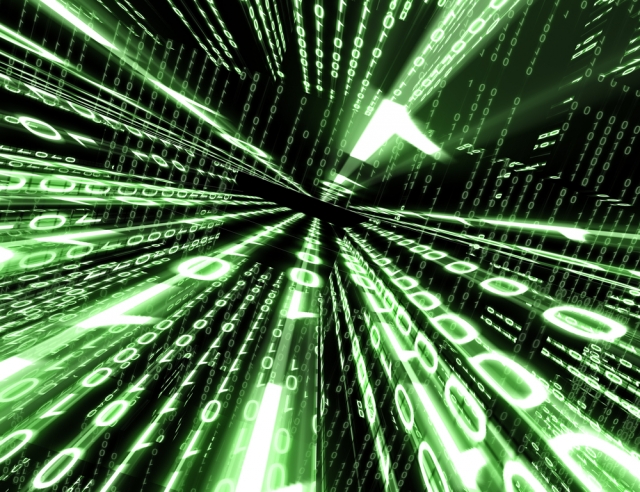Cyberwarfare: report on Glasgow Branch lecture 2012

The second lecture in the Glasgow & West of Scotland Branch "Cyberwarfare."
Panel: Professor Peter Jackson, Dr. Peter Mowforth and Mr. Tim Peacock.
Professor Peter Jackson explained the origins of cyberwarfare with regard to the relationship between intelligence gathering about the activities or intentions of enemies or potential enemies and defined ‘secrets' and ‘mysteries' in that context. As a prime example of ‘secrets,' he referred to Hannibal and Hasdrubal in the Punic Wars and how their coded correspondence was broken. He went on to describe the role of SIGINT in relation to signals security and traffic analysis. In that connection, he pointed out that the weakness of any system is always related to those using it; for example, Operation Fortitude.
Dr. Peter Mowforth spoke four years earlier about the post-war achievements of the scientists who were at Bletchley Park and how he had worked with Donald Michie in the field of artificial intelligence. In the latter respect, he referred to how he had set up an e-commerce business and explained with reference to a denial of service attack, ways of recognising both the ‘finger printing' of an attackers' computer procedures and the cultural threads in programming.
His concluded that in preventing denial of service attacks it is very important to understand the technical origins of computers in artificial intelligence.
Mr. Tim Peacock covered cyberwarfare as it is generally understood and raised questions like ‘What do you do if your computer systems either military or e-commerce are targeted and denied by attackers when you can not identify your enemy? He outlined three areas of concern: the psychology of strategy in dealing with an attack ( For example, USS Forrester ); ethical considerations in responding to an attack; security implications. In conclusion, he asked what the future of cyberwarfare might hold?
Attendance 29.
Questions
1. Does listening in to signal traffic reveal how people hide secrets?
2. Have we any control over cyber security?
3. Are we teaching enough at University about computer skills?
4. To what extent does language play a part in decoding?
5. Are there any examples of making use of patterns of encoding for deception?

